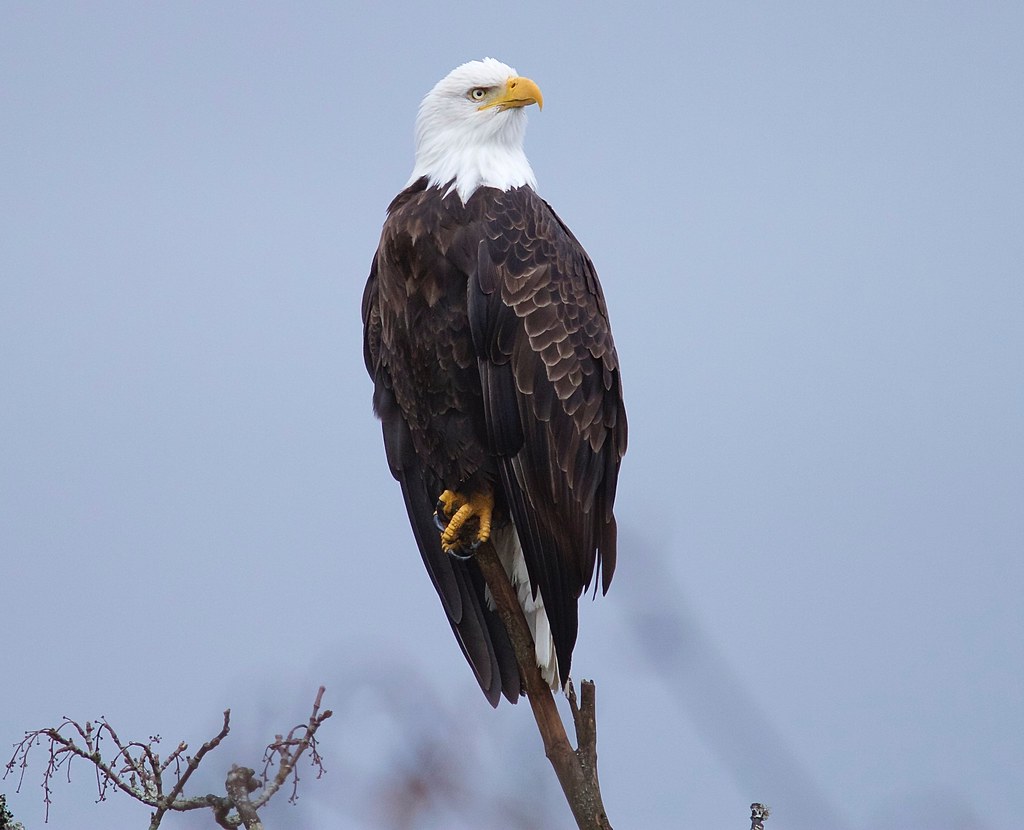
UPDATE: After this blog was written, the Sierra Club, Center For Biological Diversity, Defenders Of Wildlife, Natural Resources Defense Council, National Parks Conservation Association, Wildearth Guardians, and The Humane Society Of The United States filed a lawsuit to stop this horrible proposal. Learn more here.
The Endangered Species Act (ESA) is now itself nearing extinction. On August 12th, the Trump administration announced changes to the implementation of the ESA. Proposed changes led by Secretary of the Interior and former oil lobbyist David Bernhardt include: making it easier to remove a species from the list, allowing piecemeal damage to critical habitat for all listed species, and preventing the United States Fish and Wildlife (USFWS) from factoring in climate change when considering listing a species as endangered.
Under the changes, the cost of saving a plant or animal could also be part of the equation.
“Regulators would be allowed to conduct economic assessments — for instance, estimating lost revenue from a prohibition on logging in a critical habitat — when deciding whether a species warrants protection," The New York Times reported.
And I was so naive to think “Drain the swamp” was figurative.
As the world’s largest cranberry festival in Warrens, Wisconsin, is only days away, consider how millions of cranberries become possible. For example, what is the Rusty Patch Bumble Bee worth? Wisconsin produces more than 60% of the country’s cranberries. Cranberries are a 388 million dollar industry. The Rusty Patch, existing at roughly 0.1% of its original population, is a key pollinator for cranberries and blueberries and is one of the only pollinators of tomatoes, according to the USFWS. With Wisconsin wetland loss at nearly 5 million acres and native prairie loss at more than 99%, according to Wisconsin DNR, it is no wonder this critical pollinator is nearly extinct. Combined, the Rusty Patch has an economic value of nearly $3 billion. The ESA has been protecting the Rusty Patch Bumble Bee and Wisconsin’s economy since 2017.
This also comes a month after there was an unprecedented amount of comments submitted to keep the gray wolf on the Endangered Species list. Wolves in Wisconsin are continuing to bounce back from near extinction. That’s because the ESA protected them. This story is true of hundreds of other species - the ESA has had an amazing success rate, protecting nearly 99% of species listed. This percentage will be rapidly reduced should the announced federal changes stand.
The Endangered Species Act was signed in 1973 with bipartisan support as an acknowledgement to the inherent worth of all living beings in this world we equally belong to. Our existence as humans is dependent on the existence of all.